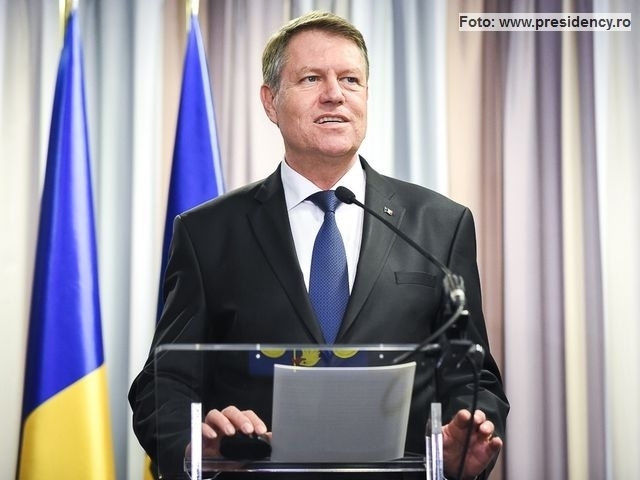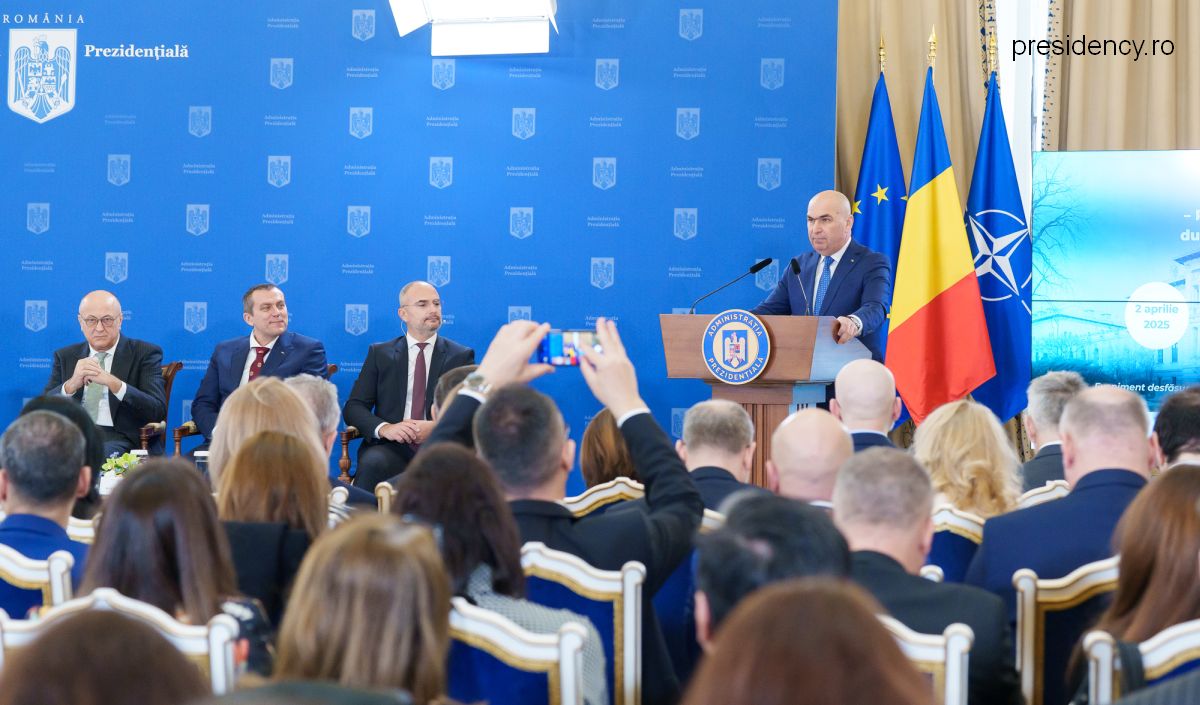Referendum on the anti-corruption fight
President Klaus Iohannis started the procedure for holding a referendum on the continuation of the anti-corruption fight and on the integrity of the public office.
Warning: Trying to access array offset on null in /home/web/rri.ro/public/wp-content/themes/rri/template-parts/content.php on line 53

Warning: Trying to access array offset on null in /home/web/rri.ro/public/wp-content/themes/rri/template-parts/content.php on line 98
Ştefan Stoica,
25.01.2017, 13:32
On Monday, one day after tens of thousands of people took to the streets to protest against the Government’s decision to grant collective pardon and amend the Criminal Code, the Romanian President announced he would call all Romanians to express their opinion in a referendum on sensitive issues related to the judiciary. The reason invoked by the president was that the Social Democratic Party, the decisive winner of the December elections, made no mention of their intentions in the election campaign.
The content of the bills and the way they were about to be passed, through emergency ordinances that could produce immediate effects, scandalized public opinion. The General Prosecutor’s Office, the National Anti-Corruption Directorate and DIICOT- the Directorate for the Investigation of Organized Crime and Terrorism also leveled tough criticism against the government’s intention. The government is suspected of trying to aid corrupt people or partially decriminalize abuse of office through these ordinances.
In turn, the Justice Minister claims that he was obliged to urgently pass these measures in order to deal with the situation of overcrowded penitentiaries and to harmonize the criminal law with decisions of the Constitutional Court. In what commentators call the chess game between the president and his Social-Democratic adversaries, the former made a first move and started the referendum procedure. The themes of the referendum are the continuation of the fight against corruption and the integrity of the public office. Pardoning cannot be the topic of a referendum, so it remains to be seen how the question will be asked at the referendum.
In another development, in Strasbourg, President Iohannis talked about the bills on pardoning and amnesty with the president of the European Court of Human Rights, and announced the court had not put any pressure and had not threatened to fine the Romanian state with 80 million euros in relation to the situation in the Romanian prisons. A pilot decision of the European Court of Human Rights will be made public in the first half of this year. Klaus Iohannis:
“They will show what is not working properly, will identify the problems and will give a generous deadline for Romania to be able to work out solutions. The next step would be to work out a package of measures here in Romania, probably under the coordination of the justice ministry, which should improve the situation in the Romanian prisons. Some persons in Romania wrongly promoted the idea that pardoning was requested. Pardoning is just a possible solution, a small part of a package that has to be drafted by the Romanian authorities”.
The action of President Iohannis is supported by the opposition Liberal Party and Save Romania Union, but the Social Democrats give the president’s actions political connotations. The leader of the Social Democrats says the recent actions of the president are nothing but an electoral move. Liviu Dragnea:
“The president started a very wrong campaign which will have negative effects on him, the campaign will probably awake those who voted him in 2014. The president’s actions risk affecting the country’s stability, which is appreciated in America and Europe”.
Parliament has a 20-day deadline, starting on Tuesday, to take the president’s decision to start the referendum under advisement. Irrespective of the parliament’s answer, the president can issue the decree calling the referendum. (Translated by L. Simion)






























